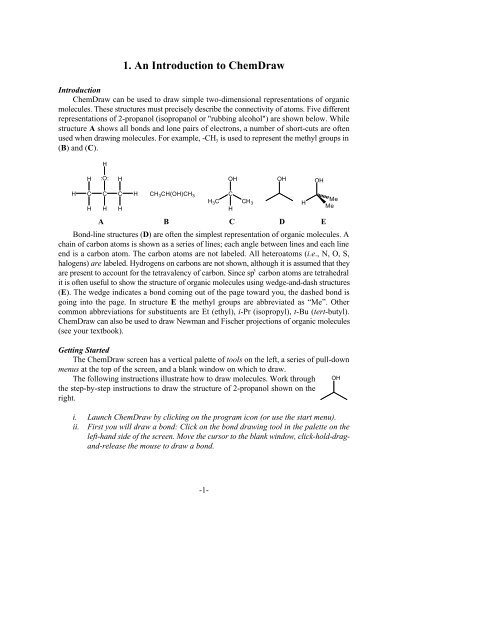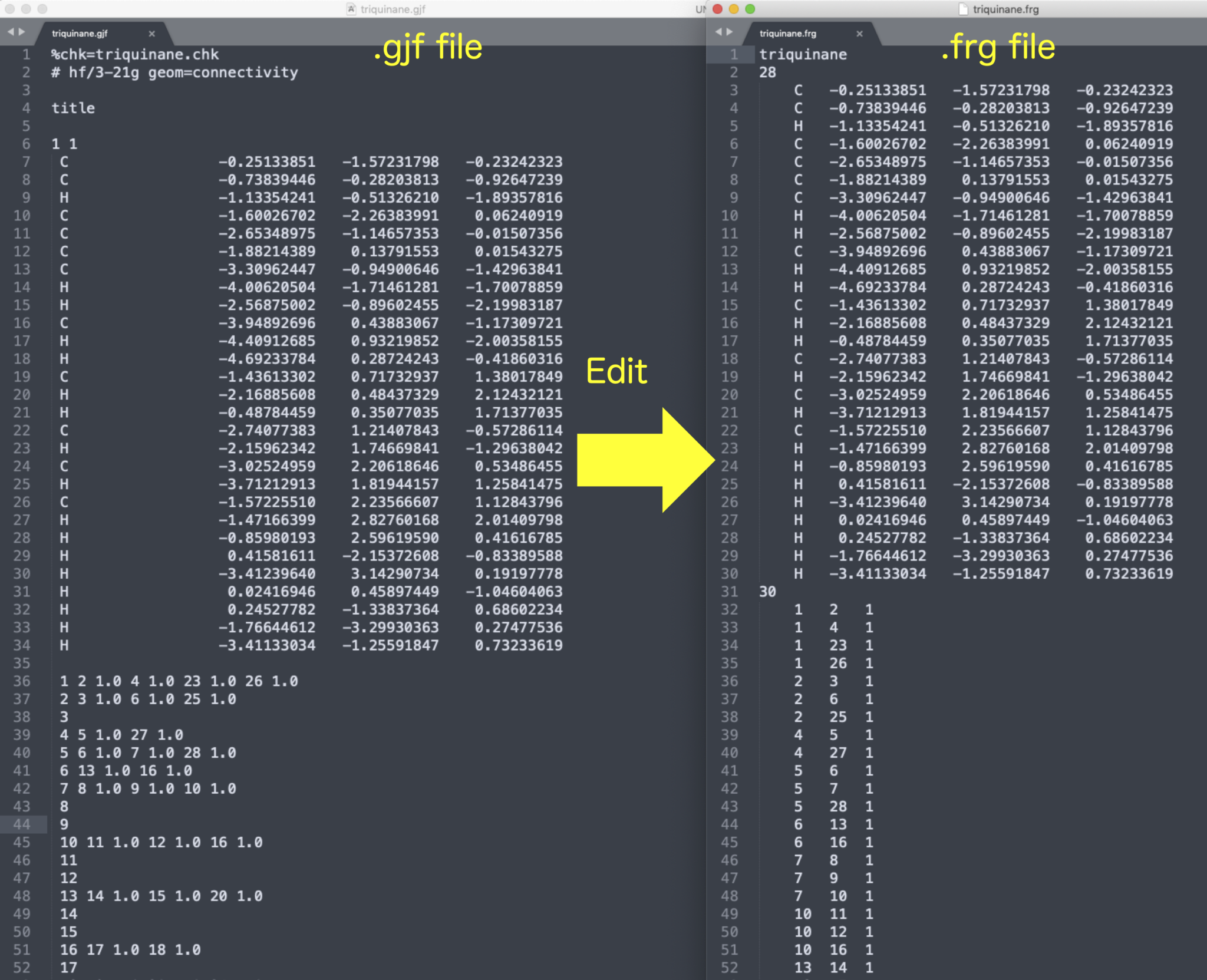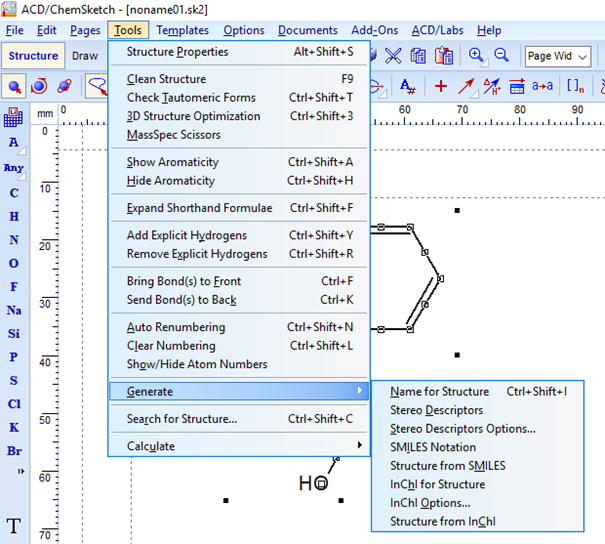
The science-in-reverse approach is found useful to recruit and retain minorities in STEM. I will focus on two technological advancements: 1) panoptic mass spectrometry that enable the detection of all species in all states of matter and 2) mass spectrometry-based immunoassay platform for asymptomatic malaria detection in the developing world.

In our approach, we combine new levels of simplicity, modest cost, and a centralized detection strategy for accurate disease detection. Science-in-reverse encourages technological developments that consider conditions in underserved communities. The presentation is intended to demonstrate recent mass spectrometry experiments designed to facilitate chemical analysis in resource-limited settings. Science in Reverse: A Chemical Approach for the Underserved LINK to seminar (Preregistration required)

Think You Know ChemDraw? Time Saving Tips Most Power Users Don’t Know Brought to you by PerkinElmer Ullyot Public Affairs Lecture features Nobel laureate and medical scientist Peter Agre, who will talk about the special role of water in biology and his transition into malaria research. Peter Agre, Nobel laureate and medical scientist We will also send you announcements of events. Come back to this page to find events you want You should expect to provide some kind ofĮvidence that you actively engaged in the event. Their advisors to record when they attend an event. The department will provide links here to approved virtual events. Virtual seminar speakers, approved webinars, and virtual alumni panels. Goals during the Fall 2021 semester we will continue to provide a variety of virtual opportunities including However, the department remains committed to our dual goals for the seminar requirement ofĮxposing our students to science they would not otherwise see in their coursework and researchĪt DePauw as well as building community among our students and faculty. We are not able to host speakers for seminars as has been our practice for many years. That dual goal of exposure toĬutting edge science and building community is one way our department supports ourĬommitment to our students’ professional and career development. Will continue to provide exposure to science beyond what students see in our courses and on-Ĭampus research as well as opportunities to build community. Meeting together with scientists from outside our university.

The Department of Chemistry and Biochemistry has a long tradition of faculty and students Was a junior or senior during the Spring 2020 semester.

Reduction of 3 to this total of 12 is granted for students who study off campus or any student who Must attend a total of 12 department seminars over 4 semesters (junior and senior years). NEW! Chemistry and Biochemistry Seminar RequirementĪs part of the senior comprehensive requirement for all majors in our department, students


 0 kommentar(er)
0 kommentar(er)
